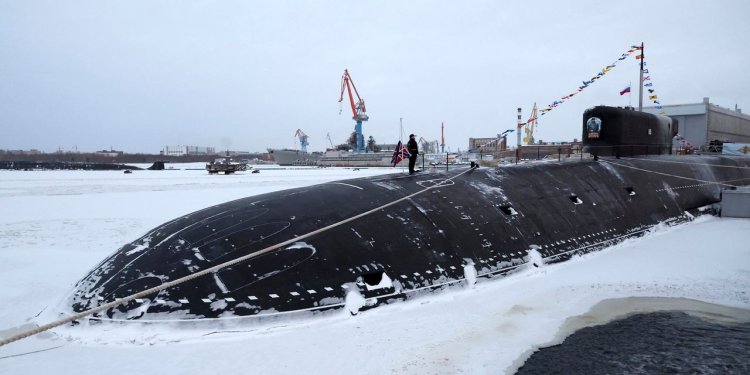No Shortcuts on Nuclear Deterrence
null By Rebeccah L. HeinrichsJan. 2, 2024 6:35 pm ETThe '2023 Reagan National Defense Survey' highlights China as the greatest national security threat to the U.S. and finds strong support for arming Ukraine, Israel and Taiwan. Images: Zuma Press/AFP/Getty Images Composite: Mark KellyThe most dangerous global security development at the dawn of 2024 is China’s and Russia’s reliance on nuclear weapons to break the U.S.-led order. Russia is concluding a nuclear recapitalization effort and uses nuclear threats against Ukraine and the North Atlantic Treaty Organization. China is expanding its nuclear forces and engaging in dangerous military behavior in international waters to threaten Taiwan. Moscow may be helping Beijing expand its warhead production capacity through Russia’s state-owned Rosatom, which has provided enriched uranium for China’s fast-breeder reactor. The U.S. plan begun in 2009 to update the nation’s nuclear deterrent can’t deter China and Russia simultaneously over the

Jan. 2, 2024 6:35 pm ET
The most dangerous global security development at the dawn of 2024 is China’s and Russia’s reliance on nuclear weapons to break the U.S.-led order. Russia is concluding a nuclear recapitalization effort and uses nuclear threats against Ukraine and the North Atlantic Treaty Organization. China is expanding its nuclear forces and engaging in dangerous military behavior in international waters to threaten Taiwan. Moscow may be helping Beijing expand its warhead production capacity through Russia’s state-owned Rosatom, which has provided enriched uranium for China’s fast-breeder reactor. The U.S. plan begun in 2009 to update the nation’s nuclear deterrent can’t deter China and Russia simultaneously over the next decade. This was a conclusion of the recent report from the nonpartisan U.S. Strategic Posture Commission, on which I served as a commissioner.
The White House may be tempted to address the problem with shortcuts. A very bad one would be training nuclear weapons on an enemy’s cities, known in military jargon as “countervalue targeting” or “counter-city targeting.” For five decades, Washington has rejected the intentional targeting of cities.
Copyright ©2024 Dow Jones & Company, Inc. All Rights Reserved. 87990cbe856818d5eddac44c7b1cdeb8
- DSW:
Last Call: 30% off DSW coupon - adidas:
Special: Up to 60% Off Sale + Full-Price Items w/ adidas Promo Code - Hotels.com:
20% off Hotels.com Coupon | Save Sitewide - Kohl's:
Get 35% Off First Kohl's Card Purchase - Michael Kors:
Michael Kors Sale: Get up to 70% Off - Walmart:
$20 Off Walmart Promo Code - Any $50+ Order
What's Your Reaction?






















